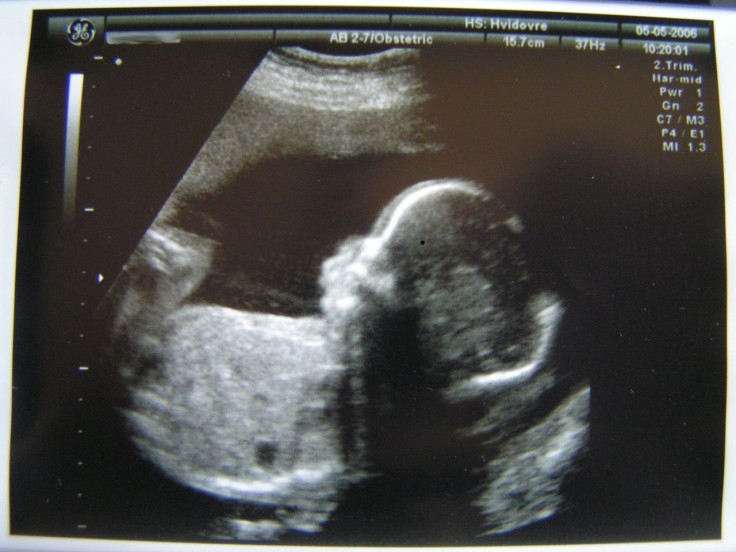Babies' Growth During Early Pregnancy Could Be Critical To Their Future Heart Health

Children with slower fetal growth during the first trimester of pregnancy may experience a higher rate of heart problems later as a middle-aged adult, Cambridge researchers say.
Explosive growth during the early weeks of gestation bring the rapid assembly of the heart and other organs, a critical time of development impacting health decades after coming down the birth canal. Catherine Aiken and Gordon Smith say their study follows two large research efforts finding an association between stunted fetal growth and an increased risk for cardiovascular disease and other ailments later in maturity, with fetal growth overall “profoundly influenced” by conditions in the first trimester alone.
“Mechanisms that may explain the link between fetal growth and later cardiovascular risk factors have been explored extensively over the past 30 years, in both humans and animal models,” the researchers wrote in a paper published this month by the British Medical Journal. “The idea that subtle influences on physiological systems occur early in development and are later magnified by the effects of growth and aging to produce pathological phenotypes is well established.”

Past research has suggested a few mechanisms that might catalyze change, including altered DNA methylation, mitochondrial DNA instability, and increased exposure to oxidative stress. But whatever biological mechanisms slow growth during early pregnancy, scientists should continue to consider possible therapies for slower growth linked to cardiovascular problems. However, “given the potential for interventions to cause serious harm at this stage of pregnancy, compelling evidence of safety will be needed before their evaluation,” the researchers wrote. “Hence, the appropriate response in the short term is that we need a deeper understanding of the strength, nature, and mechanisms of the reported associations before rushing to intervene.”
The research team assessed nearly 1,200 six-year-olds for heart risk factors such as the volume and distribution of body fat, as well as measures of blood pressure, cholesterol, and insulin levels. Compared to children whose growth ran larger during the first trimester, those who’d been smaller in the young womb had significantly more abdominal fat and higher blood pressure, in addition to unhealthy cholesterol levels. Even worse, such kids were more likely to experience heart trouble during childhood, aside from the longer-term risks, according to Vincent Jaddoe, a professor of pediatric epidemiology at Erasmus University Medical Center in Rotterdam, who helped the Cambridge team with the study.
Source: Aiken, Catherine E.M., Smith, Gordon, C.S. Early Fetal Growth And Risk Factors For Cardiovascular Disease. BMJ. 2014.



























